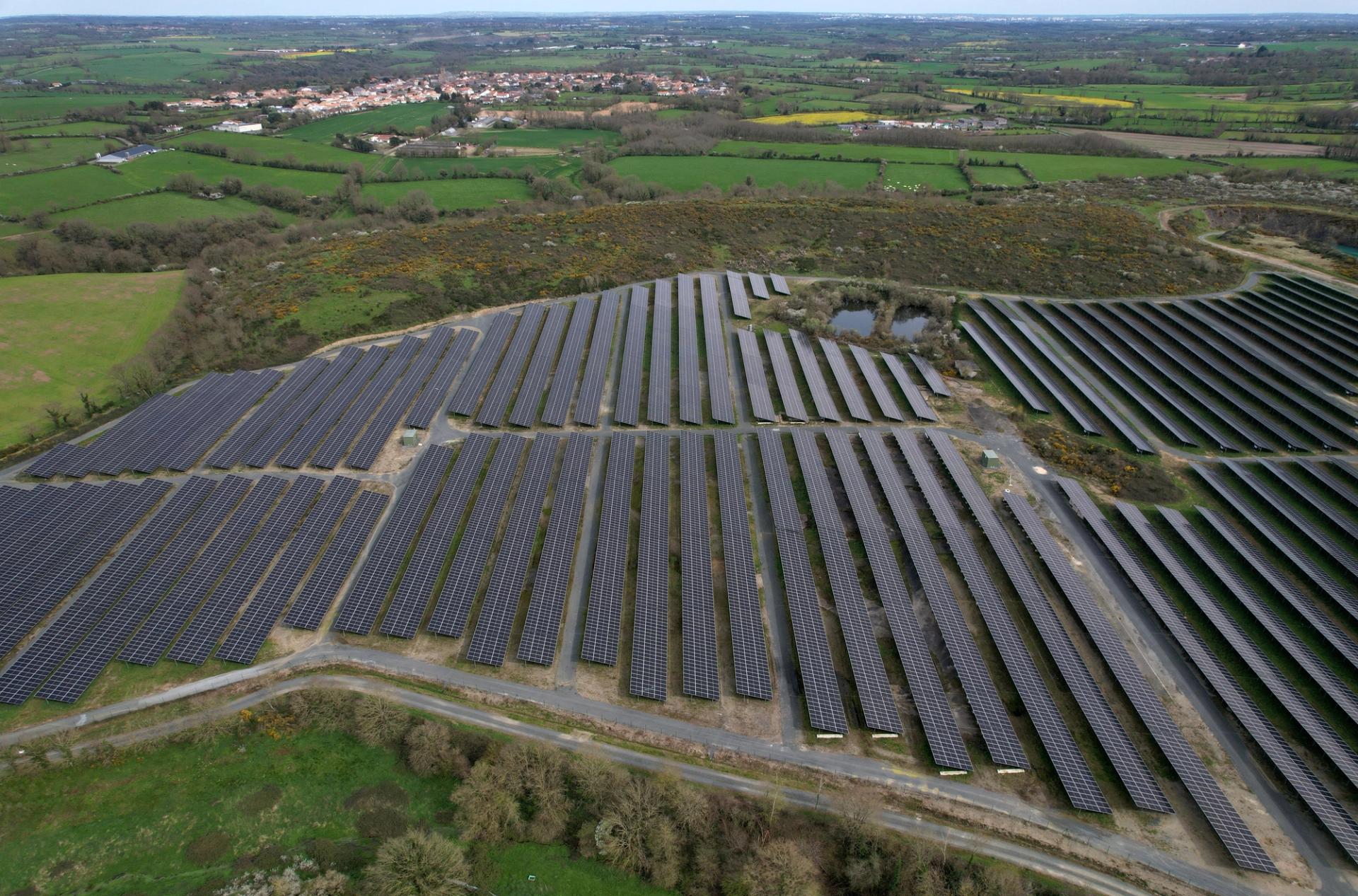The News
The European Union launched two probes on Wednesday into Chinese solar panel makers suspected of using state subsidies to defeat competitors, as Brussels seeks to strengthen its stance against unfair competition by China’s huge manufacturing sector.
The bloc said there were “sufficient indications” that subsidiaries of two Chinese energy firms submitted overly competitive bids to build a solar park in Romania that used EU funds.
“The two new in-depth investigations on foreign subsidies in the solar panel sector aim to preserve Europe’s economic security and competitiveness by ensuring that companies in our single market are truly competitive and play fair,” said Thierry Breton, the EU’s internal market commissioner.
The groups probed include the German arm of China’s Longi Green Energy Technology and two subsidiaries of state energy firm Shanghai Electric.
Beijing offers generous subsidies for solar panels, wind turbines and electric vehicle batteries that allow its firms to churn out low-cost products on a vast scale — but the resulting overcapacity has become an economic flashpoint with the West.
The probes are the latest use of a new EU anti-subsidy law: A Chinese train manufacturer last week pulled its bid from a Bulgarian project after a similar investigation was launched.
SIGNALS
Solar panels are so abundant European farmers use them as fencing
Solar panels are now so cheap in Germany and the Netherlands due to oversupply that installation costs are more expensive than the panels themselves. Farmers now have “a bit of a DIY mentality” and are using excess panels as fencing, one climate researcher told the Financial Times. These cheap panels primarily originate in China, and the firms that manufacture them are now starting to feel the economic extent of overcapacity: Longi Green Energy Technology — one of the world’s largest manufacturers of solar panels — last month said it was planning on firing thousands of workers because of oversupply.
‘Survival of the fittest’ as solar panel firms consolidate
China’s solar panel industry is facing a “survival of the fittest” race as more established companies like Longi absorb smaller players, one analyst told Reuters. The phenomenon is also playing out in China’s electric vehicle market, where dozens of smaller EV makers have emerged in recent years, but only a handful are expected to survive long-term as companies battle it out in a price war that is barely bringing in profit, Semafor previously reported. In the U.S., solar companies are also beginning to consolidate because “scale is necessary for survival,” wrote Semafor’s Tim McDonnell. Having a few successful solar panel companies “could help further accelerate the decarbonization of the U.S. power sector,” he wrote.
China’s cheap electricity makes solar panel production more efficient
Polysilicon, the main raw material in solar panels, requires a huge amount of energy to produce, but Chinese economic policy has created a hyper-cheap feedback loop that has contributed to the industry’s massive growth, according to The New York Times. Coupled with already cheap electricity from coal, Chinese firms have built massive solar panel farms in Western China — where “public land is essentially free” — and use that electricity to make even more polysilicon, the NYT reported. This is in contrast to Europe, where energy is costly because of the war in Ukraine, and the United States, where environmental concerns make solar panel installation expensive and zoning permits block the transmission of renewable energy.

